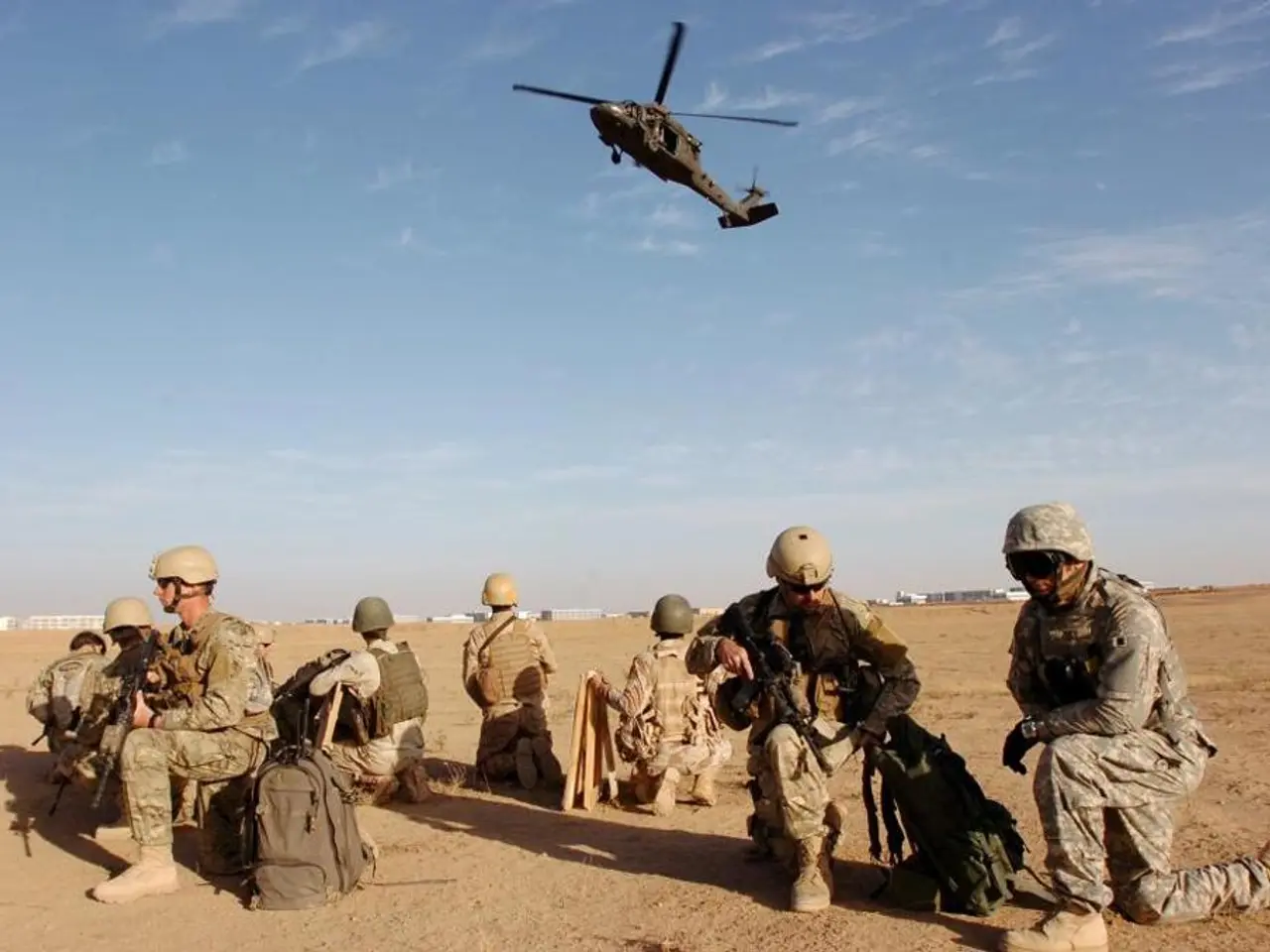"Since June, Kiev has been under relentless bombardment, leaving its neighborhoods in ruins. There is no longer a secure area within the capital."
In a significant geopolitical shift, Russia is losing its grip over the South Caucasus region as Turkey, Azerbaijan, and Armenia appear to be moving towards closer cooperation. This realignment, connected to the broader context of the Ukraine conflict and regional power struggles, could signal an emerging alliance that stands in opposition to Russian interests.
Azerbaijan has been distancing itself from Russia, dismantling political and diplomatic ties and portraying Moscow negatively. This shift has been particularly evident since the crackdown on Azerbaijani organized crime networks in Russia and the subsequent diplomatic fallout[1][2][3].
Meanwhile, the Ankara-Baku "Turanian tandem" is strengthening. The cooperation between Turkey and Azerbaijan, bolstered by shared cultural and linguistic bonds and past military successes, is seen as a growing strategic bond[1][4].
Armenia is also getting involved, with Prime Minister Nikol Pashinyan’s visit to Turkey in June 2025 signaling a potential breakthrough in the historically fraught Armenia-Turkey relations. This development could pave the way for broader regional cooperation involving Armenia, Turkey, and Azerbaijan[4].
Analysts discuss the possibility of a new alliance involving Armenia, Azerbaijan, and Turkey that challenges Russia’s traditional role as the main power broker in the South Caucasus. This alliance is partly fueled by Azerbaijan’s and Turkey’s dissatisfaction with Russia, and Armenia’s recent diplomatic moves[2][3].
Russia's strategic dilemma in the South Caucasus is further compounded by its distractions due to the Ukraine war, its failure to maintain strong influence in both Armenia and Azerbaijan, and its strained relations with Iran. Moscow's attempts to assert power through detentions and destabilization have not restored its dominance[3].
Elsewhere, Netanyahu announced the resumption of a gas project in Israel that could link to southern Europe, while the Pentagon redirected thousands of anti-drone missiles, originally intended for Ukraine, to American troops stationed throughout the Middle East in June.
For those seeking a deeper understanding of these international current events, Nuno Rogeiro's analysis program airs every Sunday at 2 PM on SIC Notícias and is available on Leste/Oeste on SIC Notícias and in podcast. The program also offers insights on these and other global developments.
[1] https://www.reuters.com/world/europe/azerbaijan-takes-step-further-away-russia-2021-05-25/ [2] https://www.eurasianet.org/azerbaijan-and-turkey-deepening-ties-as-russia-loses-influence [3] https://www.rferl.org/a/azerbaijan-turkey-armenia-russia-alliance-south-caucasus/31783207.html [4] https://www.aljazeera.com/news/2025/6/15/armenia-turkey-agree-to-normalise-relations-after-30-years
War-and-conflicts in the South Caucasus region may escalate as Russia faces increased opposition from Azerbaijan, Turkey, and Armenia. This desarrollo is partly due to political dissatisfaction with Russia's ties in the region, as demonstrated by Azerbaijan's dismantling of political and diplomatic ties, and Turkey's growing strategic bond with Azerbaijan.
Political analysts speculate that these shifts may lead to the formation of a new alliance challenging Russia's traditional role as the main power broker in the region, a development that could significantly impact general news and global events.







